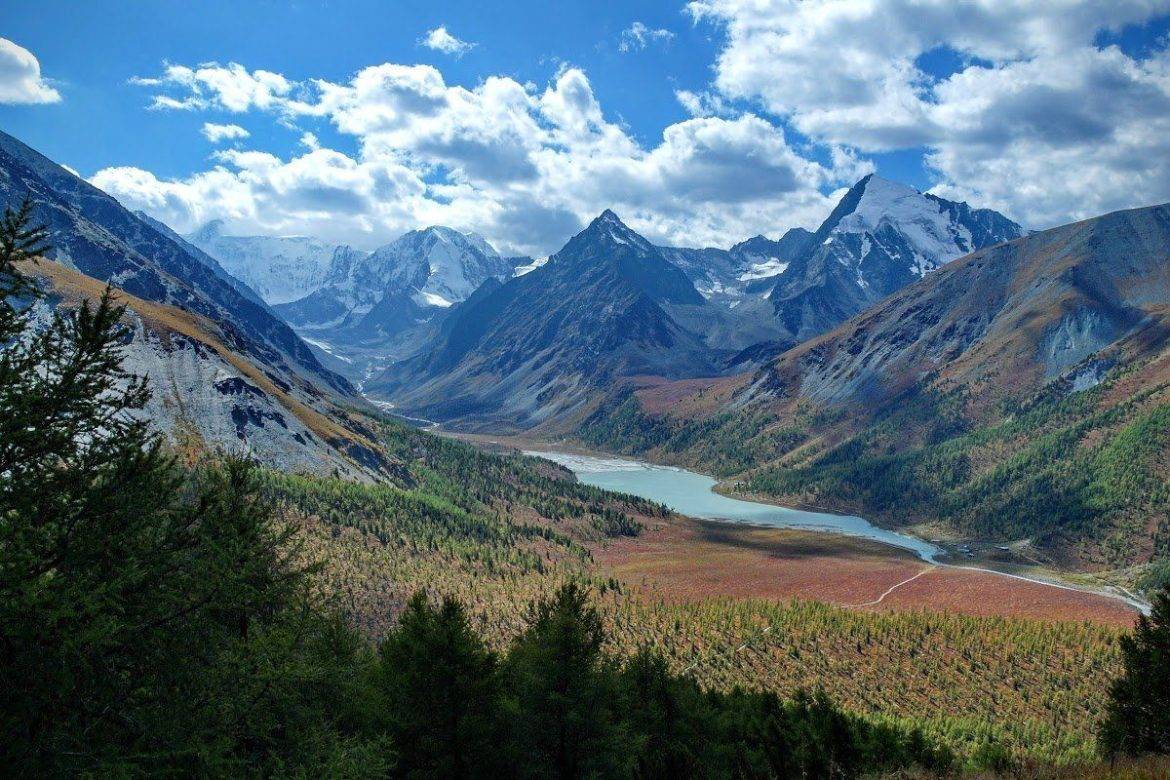Cultural Significance
The Altai Mountains hold significant cultural and historical importance for indigenous peoples and various ethnic groups who have inhabited the region for millennia. The Altaians, Kazakhs, and Tuvinians have rich cultural traditions intertwined with the natural environment.
Advertisement
Nomadic Traditions: Nomadic herding has been a traditional way of life for many Altai peoples, who migrate with their livestock across the mountain pastures seasonally. This practice not only sustains livelihoods but also fosters a deep connection to the land and its resources.
Shamanism and Spiritual Practices: The Altai Mountains are considered sacred by some indigenous groups, who practice shamanism and hold ancient beliefs about the spiritual significance of certain peaks, lakes, and rivers. Shamanistic rituals and ceremonies continue to be performed in the region, attracting spiritual seekers and researchers interested in indigenous cultures.
Adventure and Recreation
The Altai Mountains offer abundant opportunities for outdoor enthusiasts and adventurers seeking to explore its rugged terrain and natural beauty.
Hiking and Trekking: The Altai Mountains feature numerous hiking trails that wind through forests, ascend steep slopes, and lead to panoramic viewpoints. Popular routes include trails to Belukha Mountain and along the shores of pristine mountain lakes.
Mountaineering: Belukha Mountain is a magnet for mountaineers, offering challenging ascents and rewarding climbers with unparalleled vistas of snow-capped peaks and glacial valleys.
Rafting and Kayaking: The swift-flowing rivers originating from Altai glaciers provide thrilling opportunities for rafting and kayaking enthusiasts. The Katun River, in particular, offers exciting rapids amidst stunning natural surroundings.

